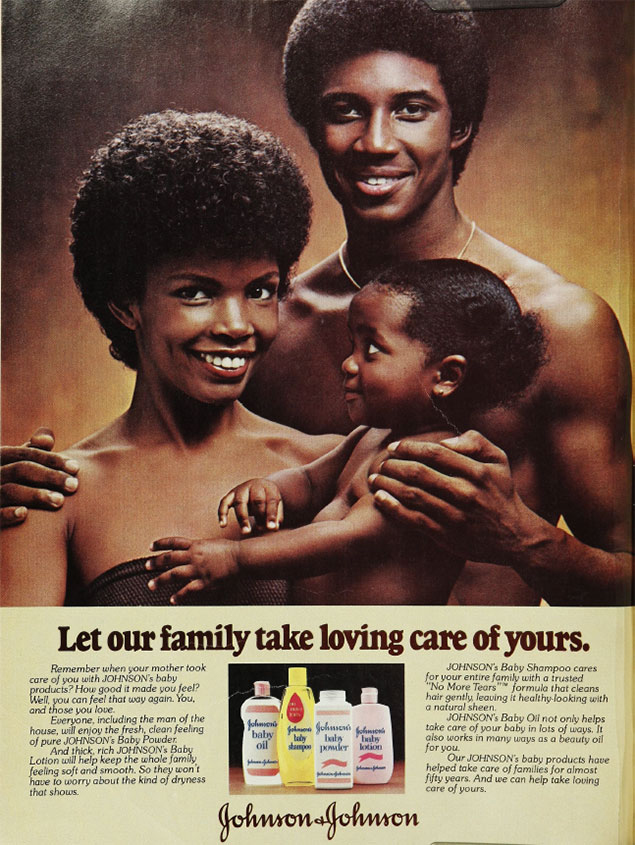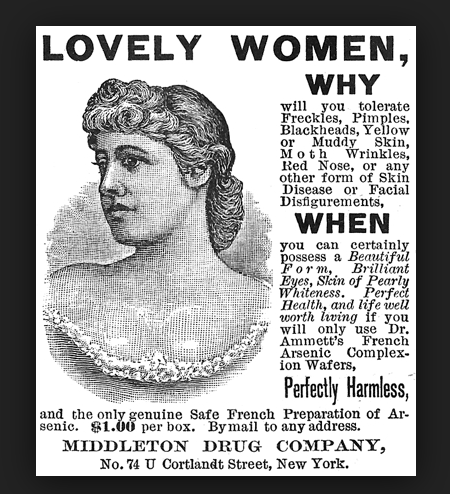The “Radium Girls” spent their days painting numbers on glow-in-the-dark watches with radium paint. To keep their digits precise, they licked their brushes after painting each number. Hundreds of times a day, they ingested the toxic, radioactive material. Many of them lost teeth; some shattered newly fragile bones. Hundreds died.
In the 1920s, a group of teenage Radium Girls in Orange, New Jersey, rose up to demand a safer workplace, where they wouldn’t be exposed to toxic chemicals. Dismissed and harassed by their employer, they eventually prevailed following a lengthy court battle. They won a major settlement that had a lasting impact on workplace health and safety. Their advocacy led to radioactivity protections in the workplace, preventing thousands of deaths.
Over the decades, the story of the Radium Girls gradually fell out of public consciousness. A new film, Radium Girls, which follows on the success of Kate Moore’s New York Times bestselling book of the same name, aims to bring it back. The Sierra Club has partnered with filmmakers Lydia Dean Pilcher and Ginny Mohler, as well as executive producer and Sierra Club member Lily Tomlin, to spread the story of the Radium Girls’ groundbreaking struggle for workers’ rights and a safe environment—a struggle that persists today.
Companies were banned from using radium in consumer products in 1968. But many other toxic “forever chemicals” still contaminate our workplaces and everyday products, including mercury, formaldehyde, asbestos, and per- and polyfluoroalkyl substances (PFAS).
As in the 1920s, the struggle to enact safeguards on toxic chemicals is often led by women and girls, who are disproportionately harmed by toxic forever chemicals, which can damage reproductive systems and even the ability to breastfeed. The most notable offenders in this category are PFAS, which are found in dozens of consumer products, including waterproof fabrics, leather shoes, food packaging and makeup. Even low levels of exposure can harm women and girls’ health.
Women and girls are exposed to toxic forever chemicals in products rarely marketed to men, like cosmetics. Time and again we find deadly ingredients like asbestos, mercury and formaldehyde in personal care products. All too often, companies are most aggressive in marketing these toxic products to Black and brown women.
The Sierra Club’s Gender Equity program works to end the unchecked use of toxic ingredients in consumer products. Our team supports the grassroots leaders urging Johnson & Johnson to stop sales of asbestos-contaminated talc, Amazon and eBay to ban deadly mercury-based skin lighteners, and to make personal care products safe for everyone.

In the early 20th century, newspapers ran ads promising a “Beautiful Form, Brilliant Eyes … Perfect Health, and life well worth living,” to women who purchased products like Dr. Arnett’s “perfectly harmless” arsenic complexion wafers. Today, those ads seem hopelessly archaic. When future generations look back at ads for products we know to be toxic—mercury-tainted skin-whitening creams, asbestos-laden talc powders—they will likely seem equally misguided.

We all deserve an environment free of toxic chemicals. Follow in the footsteps of the Radium Girls, and take action to protect our communities from deadly PFAS manufacturing. You’ll be bringing us one step closer toward the cleaner, safer world we deserve.
